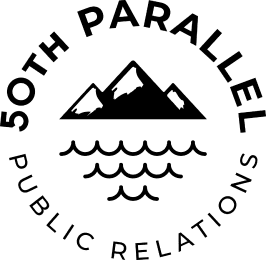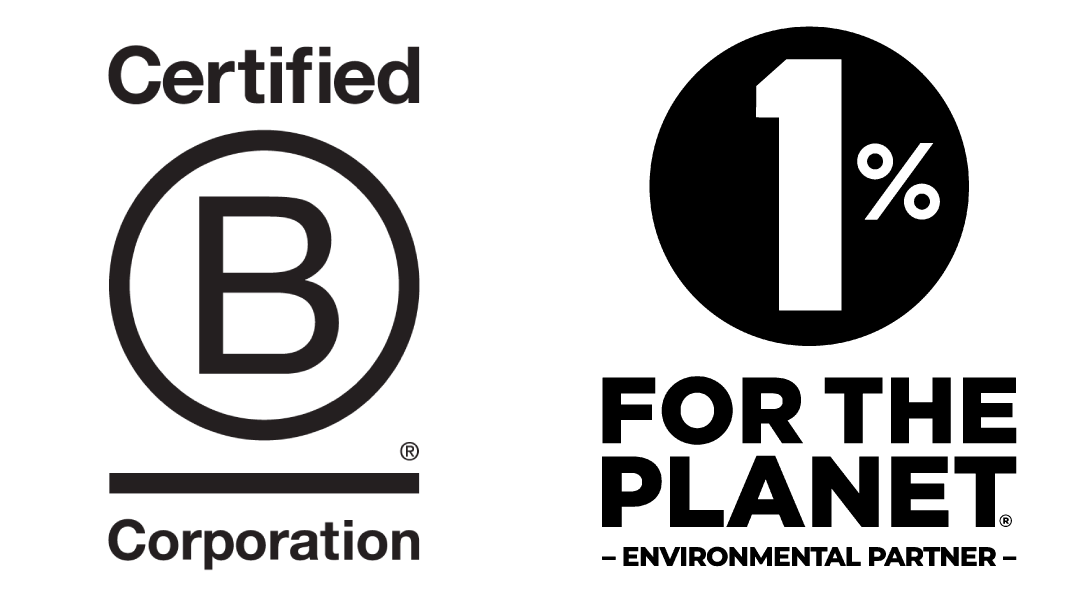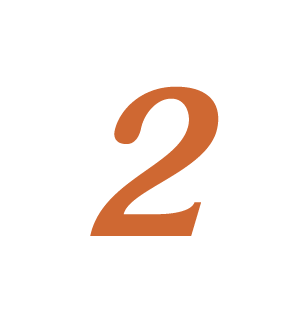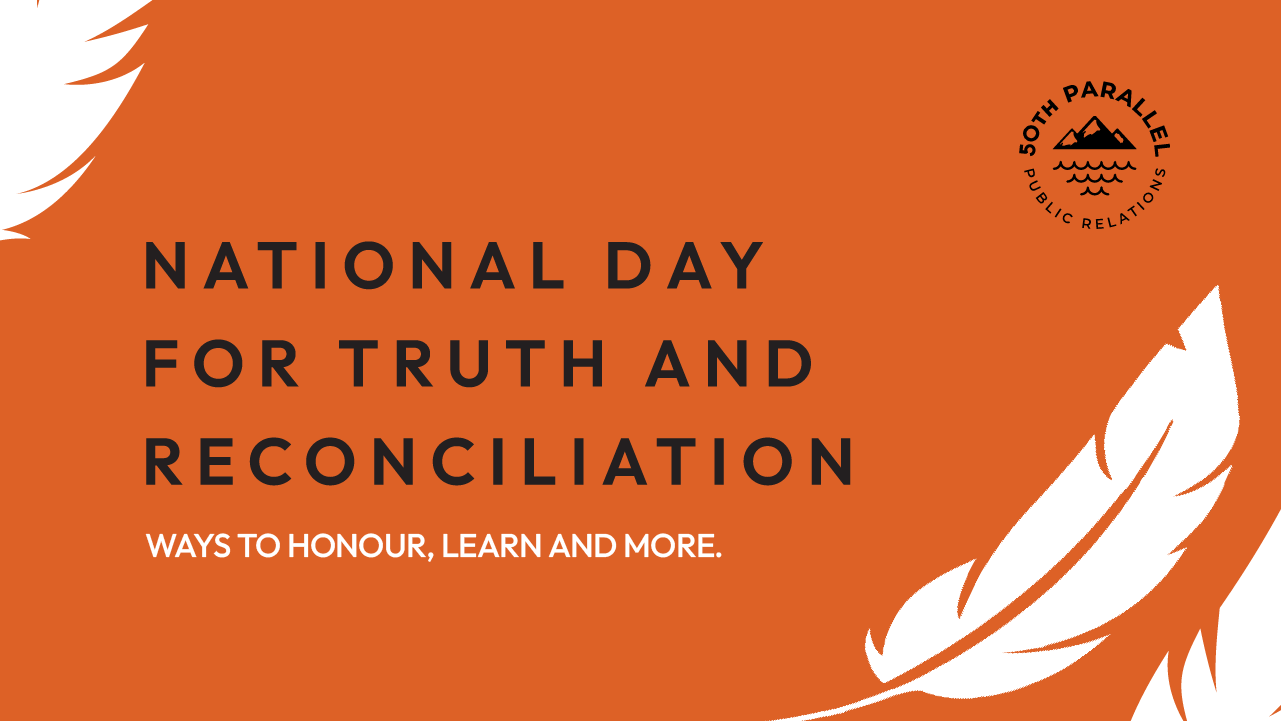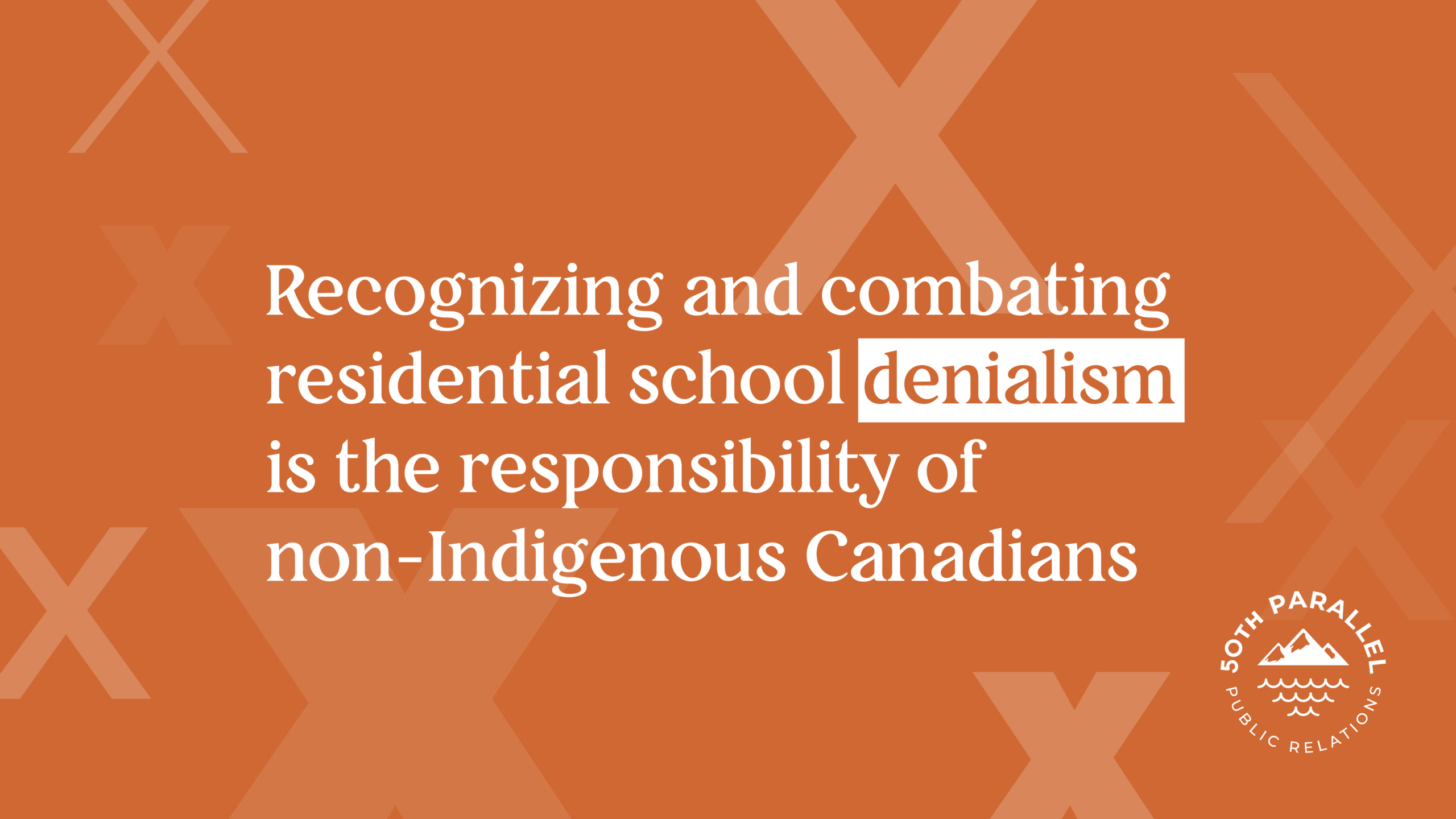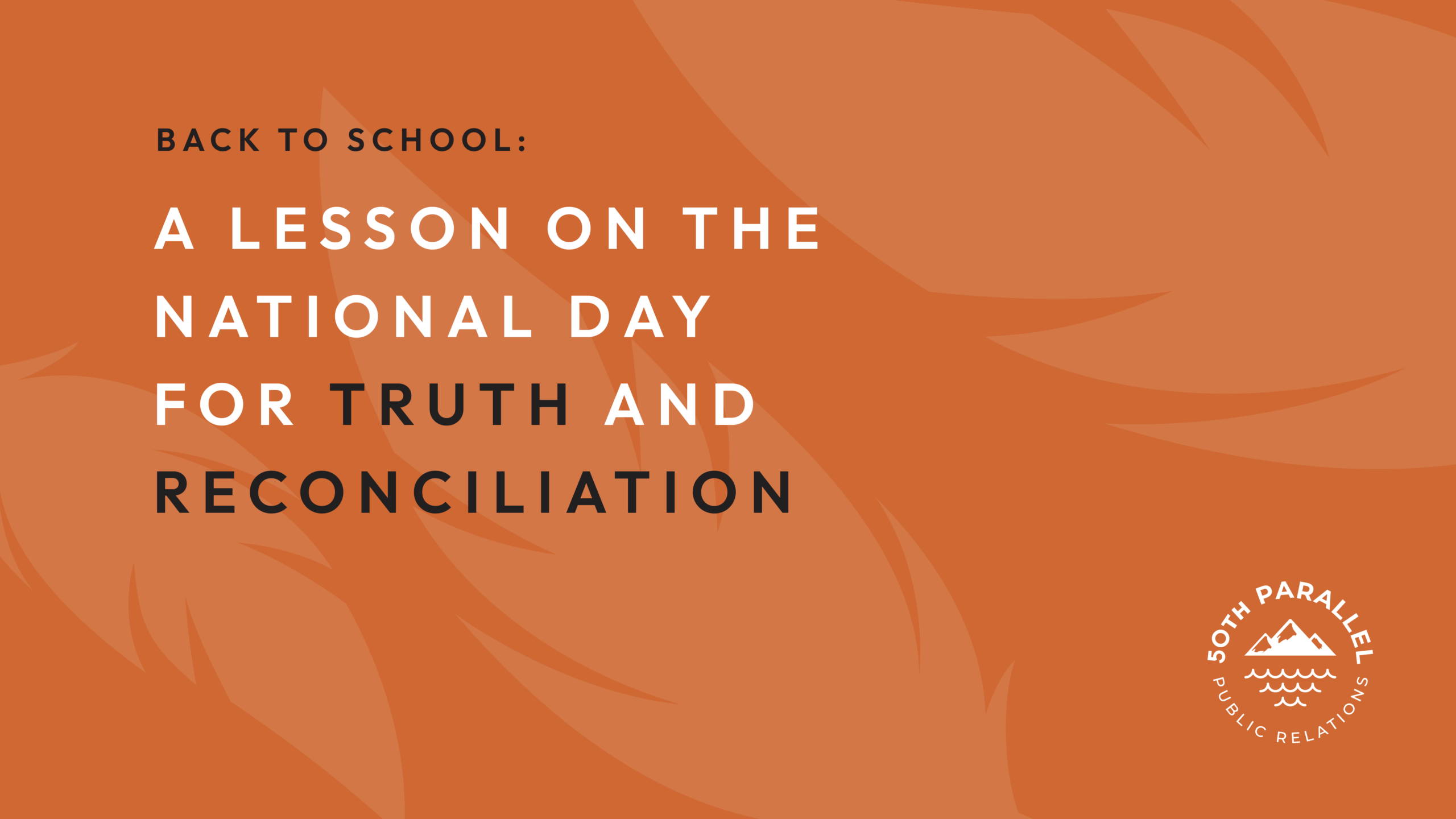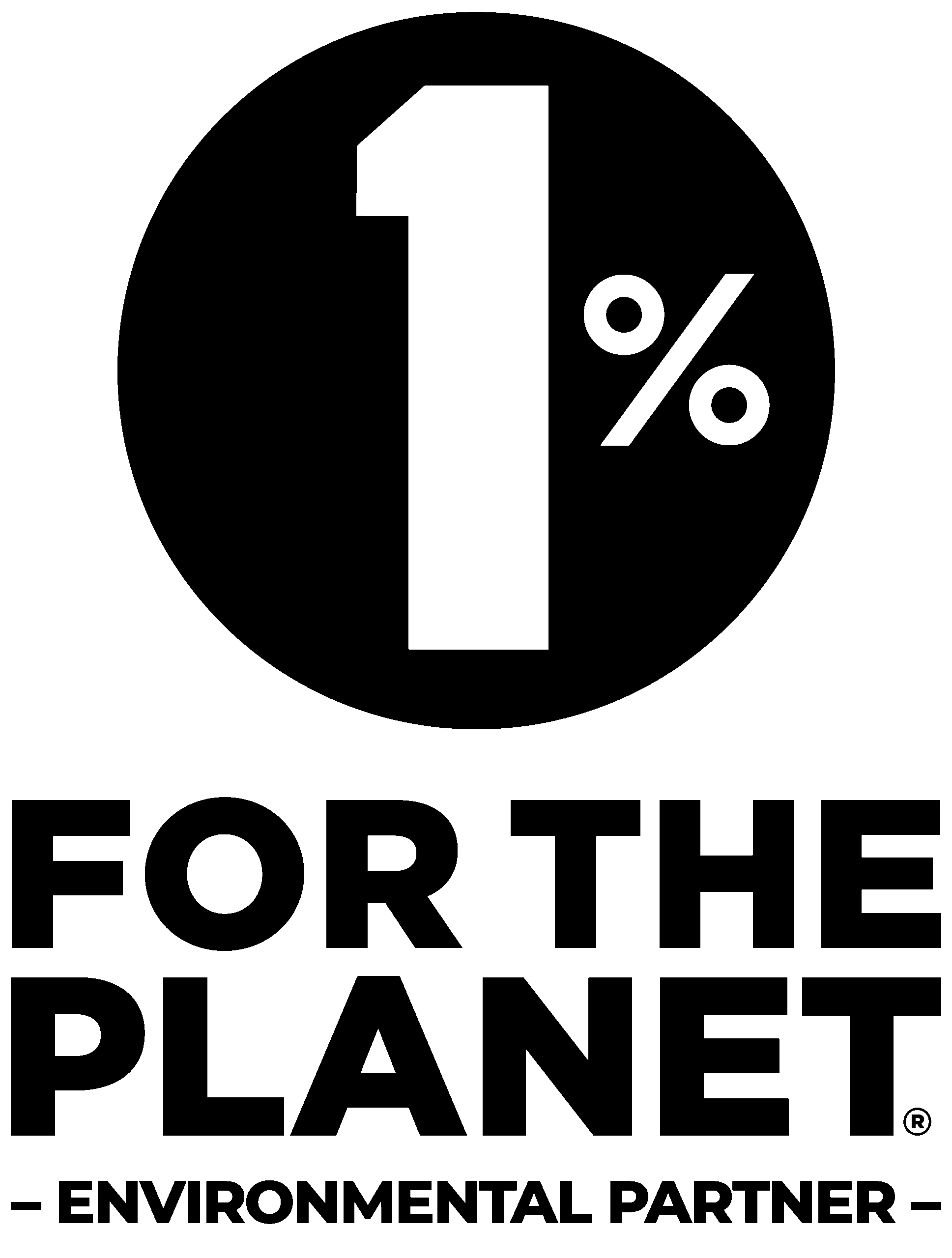In 2015, the Truth and Reconciliation Commission released its Final Report, Honouring the Truth, Reconciling for the Future. It exposed the devastating legacy of Canada’s Indian Residential School system while issuing 94 Calls to Action to guide the nation towards reconciliation. The 94 Calls span multiple areas, from child welfare and health to education, justice and reconciliation.
These Calls to Action (CTAs) serve as a roadmap that first acknowledges the residential school system and its impact, and then creates systems to prevent it from ever happening again.

But here’s the hard truth: 10 years later, only 15 of the 94 Calls have been completed.
That’s an average of 1.5 per year, meaning, at this rate, it will take another 52 years to complete.

For the 79 remaining CTAs, the extent of their true progress is less clear.

The federal government claims progress. In 2023, they reported that more than 85% of the Calls under their responsibility were “completed or well underway.” However, Indigenous-led assessments paint a different picture.
Indigenous Watchdog reported in January 2024 that of the CTAs under Canada’s responsibility:
- 11 completed
- 39 in progress
- That’s about 66% of their CTAs showing any movement at all
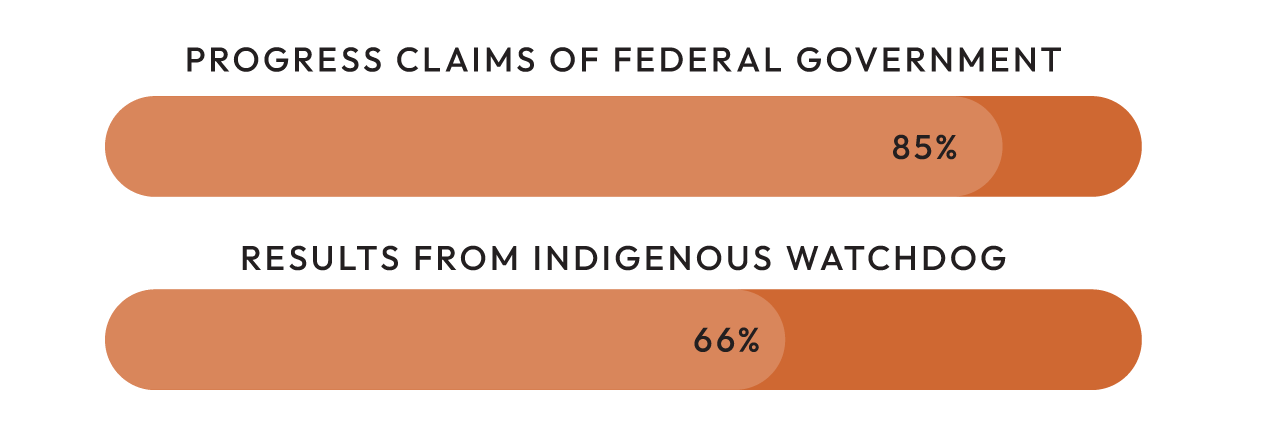
While Canada frames much of the work as “in progress,” Indigenous organizations argue many initiatives have stalled. Some sources classify the Calls to Action into “completed,” “in progress,” “proposed” and “not started,” while Indigenous Watchdog uses “completed,” “in progress,” “stalled” and “not started.”

What looks like action on paper may, in practice, be little more than a proposal.

Every CTA represents a commitment to real people.
Take for instance, Call to Action #3: Implement Jordan’s Principle. Officially, it’s listed as in progress, but the program remains stalled, leaving families caught in the middle. Jordan’s Principle seeks to ensure that First Nations children access health care, education and other essential services without delay, gaps or denial.
The goal is simple: Children get the support they need when they need it.
Right now, however, jurisdictional disputes and backlogs mean this isn’t happening, which means Indigenous children are being denied or delayed access to essential health care, education and family services.
- A Wolastoqey family in New Brunswick is waiting anxiously for medical care for their 3-year-old son.
- A Wendat family risks losing schooling for their twin daughters due to tuition funding delays.



Read the Truth and Reconciliation Commission’s 94 Calls to Action
- Know what they are and why they matter. Keep them visible.
- Read it here: Calls to Action
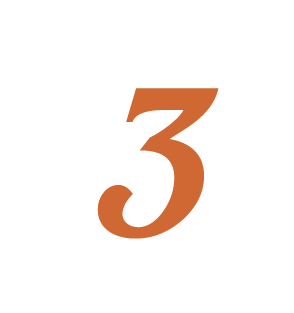
Support Indigenous organizations and communities
- Donate, volunteer or partner with Indigenous-led initiatives that are driving change.
- Dive into this list from Elle Canada: 11 Indigenous organizations to support
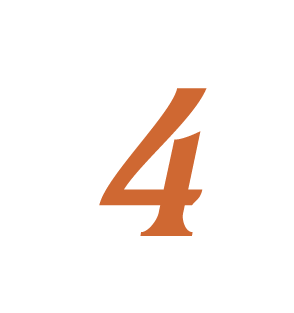
Stay informed and hold leaders accountable
- Track what your elected officials are doing towards reconciliation. Speak up when promises are delayed or ignored.
- To reach out to your Members of Parliament or to stay updated on what they are doing, check out this current list of MPs here.
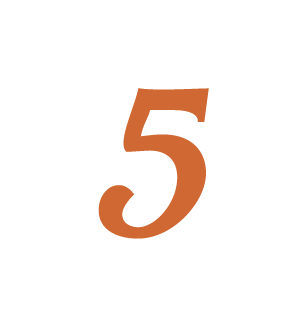
Reflect on yourself
- Examine and address your own biases and stereotypes. Commit to ongoing self-education and unlearning.
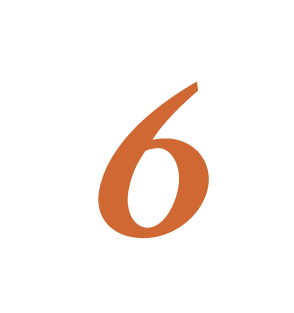
Engage locally
- Support Indigenous-owned businesses, attend cultural events and listen when your local Indigenous communities share their stories.
For more news on important topics just like this, sign up for our newsletter to get monthly updates straight to your inbox.
